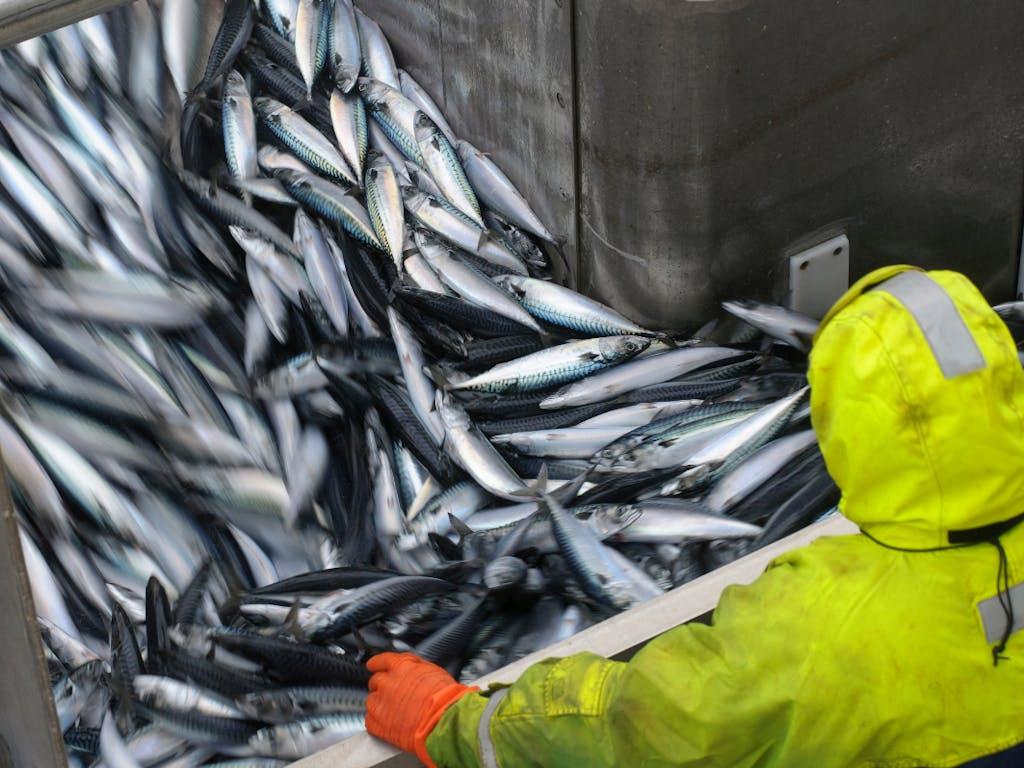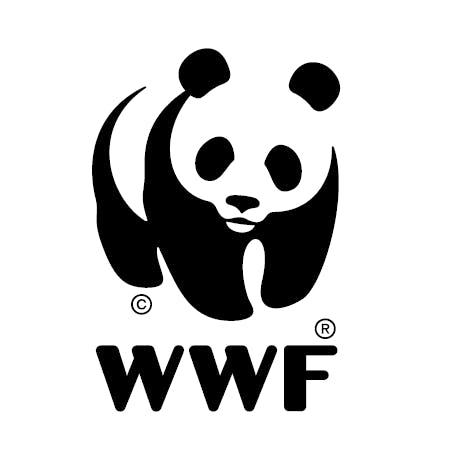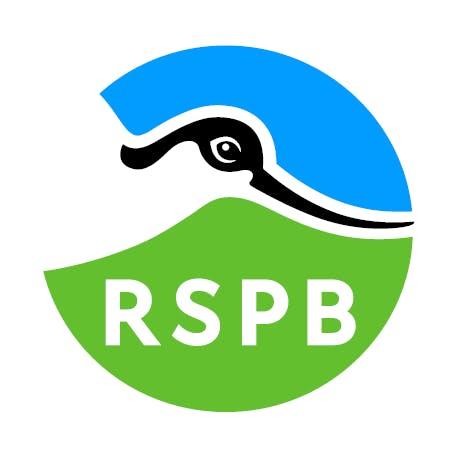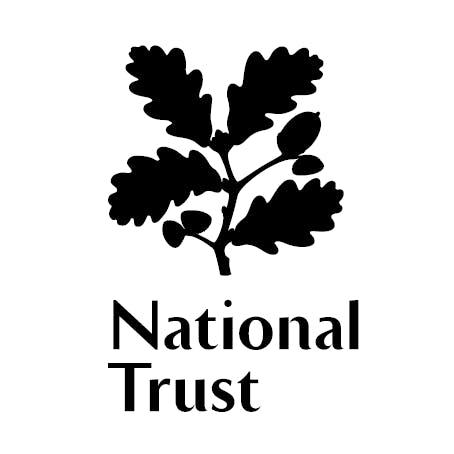Unsustainable fishing practices
The way we fish our seas is damaging our fragile ecosystem – we need to act fast
Fish is an ever-popular dish here in the UK, but how we catch it and how many we catch is having a big impact on our ocean habitat. Together, we can give our special places for nature, and the marine life they support, a fighting chance of recovery.


Fished out
We eat a whopping 167 million portions of fish and chips a year in the UK and our menus, fish counters and supermarket fridges offer a seemingly endless choice of seafood from salmon and tuna to scallops and lobster. But how we fish is having an impact on population numbers as well as the marine environment many of these species rely on.
Take dredge fishing: used to catch 95% of the UK’s scallops, it involves dragging very heavy nets with metal teeth over the seabed, and often destroys everything in its path. As well as scallops, many other species are caught in the net and killed, which is known as bycatch.
Overfishing – where so many fish are taken that populations struggle to recover – is another big issue facing our marine wildlife. Today, around a third of UK fish stocks are over-fished. That reduces the amount of food available for many species, including one of our most threatened seabirds: the kittiwake.
Dredge fishing, used to catch 95% of the UK’s scallops, involves dragging very heavy nets with metal teeth over the seabed, and often destroys everything in its path


Save our seas
Every spring, these delicate gulls return to our shores and crowd into noisy cliffside colonies. Here they raise their fluffy white chicks on oil-rich sandeels. But our sandeel population is on a knife edge because of climate change, and overfishing is making things even worse.
The loss of sandeels in UK waters is the main reason that kittiwake colonies are falling silent. But sandeels also support a whole marine food web, and are vital for bigger fish, whales, seals and many other species of seabirds, including puffins. And while unsustainable fishing practices are one of the biggest threats to our marine life, they also impact fishermen, who have to put more effort into catching fewer and fewer fish.
By stopping damaging practices, setting sustainable fishing quotas and with effective monitoring at sea, we can help fish populations to recover. You can help too, by choosing sustainably sourced fish when possible, or asking your supermarket to supply it. Together, we can change the outlook for our troubled waters.
Species at risk from unsustainable fishing practices
What is being done?
For every danger there is a solution, and the fight has already begun to preserve and restore our wild isles. Be inspired by these stories of hope as we all play our part.










